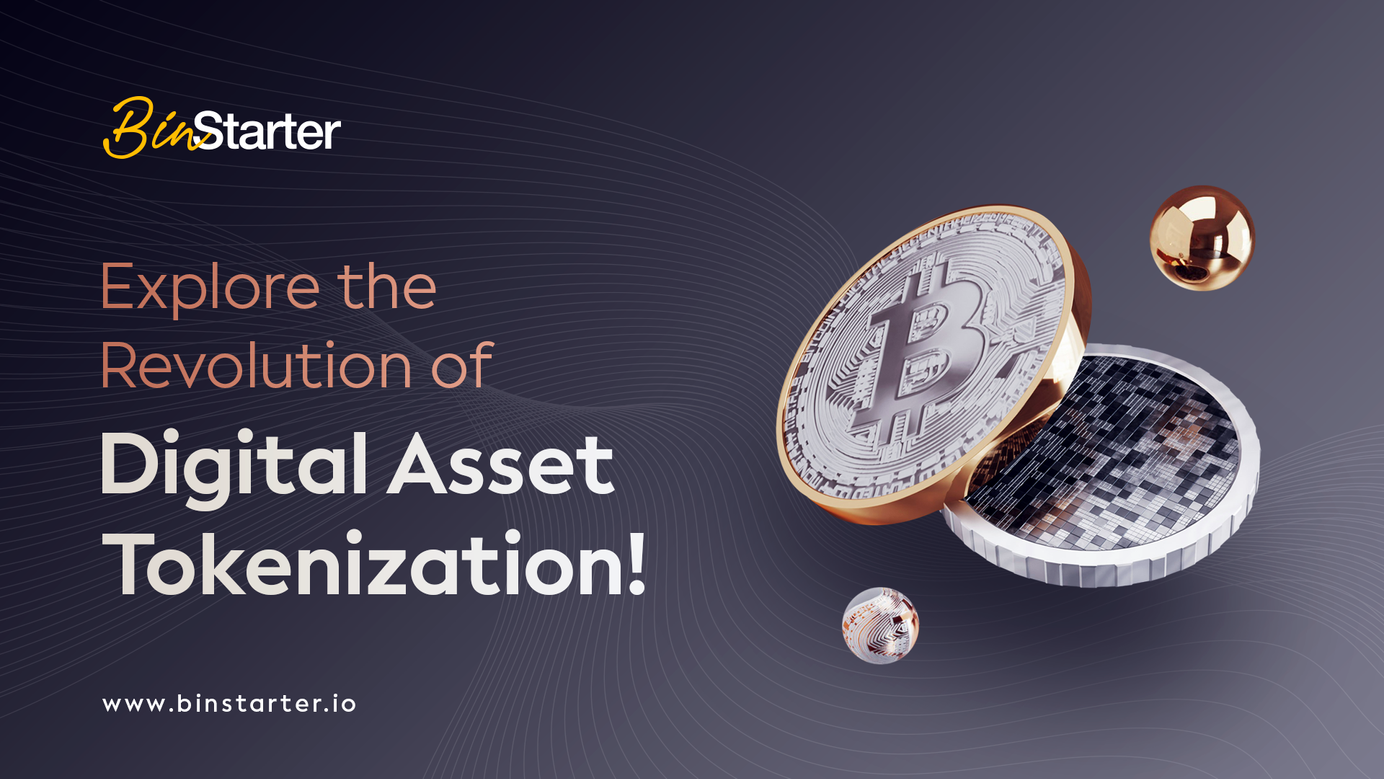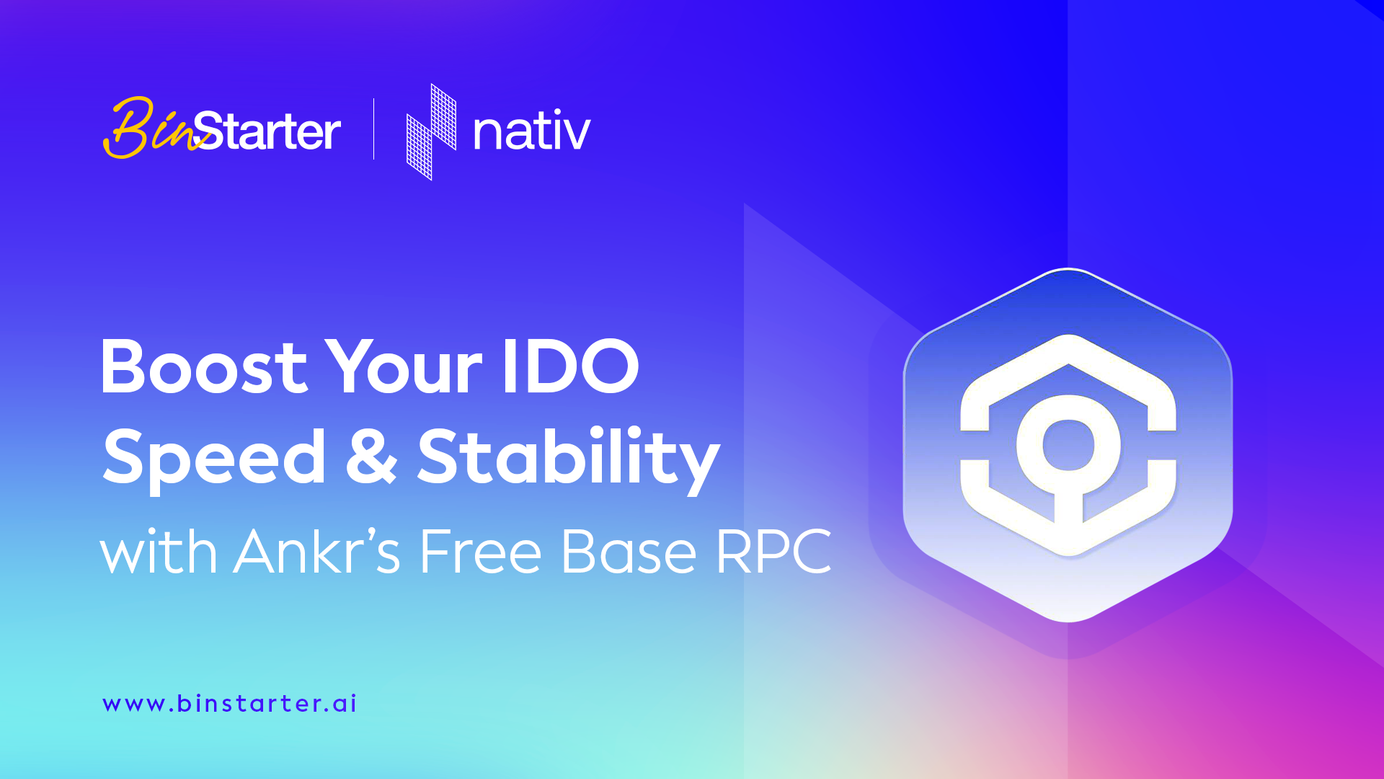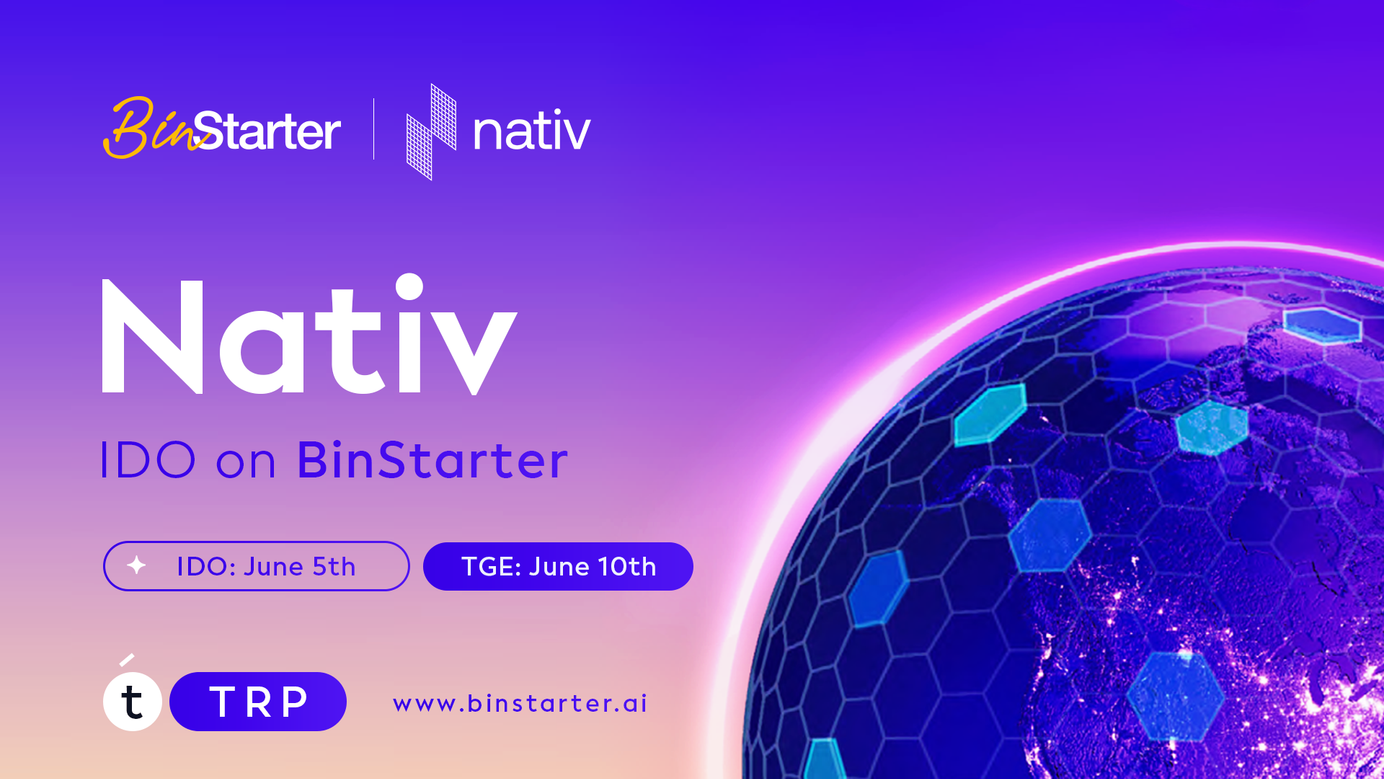
Revolutionizing Asset Management: The Power of Digital Asset Tokenization
Introduction to Digital Asset Tokenization
In the rapidly evolving digital landscape, the concept of asset tokenization has emerged as a transformative force, redefining the traditional notions of asset ownership and investment. At its core, digital asset tokenization is the process by which the value and ownership of both physical and financial assets are converted into digital tokens on a blockchain. These tokens can represent either fractional or whole units of the underlying asset, facilitating their easy transfer, trading, and fractional ownership.
This innovative approach to digitization eradicates geographical limitations, slashes transaction costs, and boosts transparency, offering significant benefits to asset owners and investors alike. In an era where digital transformation is paramount, tokenization paves the way for a more fluid, accessible, and efficient global marketplace, encompassing a diverse range of assets from real estate and art to commodities and securities.
Transforming Industries through Real World Asset Tokenization
Disruption in Real Estate
The advent of Real World Assets (RWA) tokenization has left a notable mark across various sectors, with the real estate industry standing out as a prime example of its disruptive potential. By tokenizing property assets, investments in real estate have become far more accessible, offering unprecedented levels of ownership detail. This shift has significantly increased market liquidity, enabling the fractional ownership of properties and allowing investments from lower capital bases, thereby expanding the investor pool.
Beyond Real Estate: Art, Commodities, and Collectibles
The impact of RWA tokenization stretches well beyond the real estate sector. In the art world, it has revolutionized ownership, trading, and valuation, granting global access to artists and fractional ownership to investors. This democratization of art investment has also opened new avenues for artists to gain recognition and secure financial backing.
In the commodities market, tokenization introduces the concept of fractional ownership for tangible assets like gold, oil, or agricultural products. This innovation has rendered these markets more accessible to individual investors and enhanced liquidity for commodities traditionally traded in bulk quantities.
Furthermore, the collectibles market has undergone a significant transformation through tokenization. It offers a secure and transparent mechanism for documenting the provenance and ownership of unique items, thus creating a vibrant new marketplace for collectors and investors.
Key Advantages of Tokenizing Digital Assets for Businesses
Enhanced Liquidity
Asset tokenization enables fractional ownership, allowing businesses to divide assets into smaller, tradable tokens. This increased liquidity opens up opportunities for a broader investor base and facilitates more efficient trading.
Access to Global Markets
Digital asset tokenization breaks down geographical barriers, enabling businesses to reach a global investor audience. It promotes cross-border transactions and provides exposure to a wider range of potential investors.
Improved Efficiency
Traditional asset ownership and transfer processes can be time-consuming and costly. Asset tokenization comes to the rescue. It streamlines these processes, reducing administrative overheads and improving overall operational efficiency.
Increased Transparency
Blockchain-based tokenization ensures transparent and immutable records of ownership and transactions. This transparency enhances trust and accountability, which helps in attracting investors and reducing the risk of fraud or manipulation.
Fractional Ownership Opportunities
Digital asset tokenization offers fractional ownership of assets, enabling smaller investors to participate and diversify their portfolios. It opens up investment opportunities that were previously inaccessible to retail investors.
Capital Access & Fundraising
Asset tokenization helps in accessing capital markets. It allows businesses to raise funds by issuing security tokens, representing ownership or rights to underlying assets, thereby expanding funding options beyond traditional avenues.
Asset Interoperability
Digital asset tokenization enables the seamless transfer and integration of different assets on blockchain platforms. It facilitates interoperability and the creation of new financial products, like asset-backed securities or tokenized derivatives.
Automation & Smart Contract Functionality
Digital asset tokenization leverages smart contracts to automate various aspects of asset management, like dividend distributions, voting rights, & compliance enforcement. It reduces manual intervention & associated costs.
Practical Tips for Potential Investors
For those looking to invest in Real World Asset (RWA) tokenization, here's a concise guide:
Learn About RWA Tokenization: Begin by understanding the tokenization platforms, the types of assets they tokenize, and the legal aspects of these investments.
Evaluate Platforms and Assets: Check the credibility and track record of platforms and issuers, including their security measures and the transparency of transactions.
Understand the Asset: Assess the market value, growth potential, and risks of the asset. Consider the liquidity of the tokenized asset and any transfer restrictions.
Use Resources for Research: Utilize online forums, blogs, and news sites focused on blockchain to stay informed. Explore dedicated platforms for detailed information on tokenized assets, and engage with related social media communities and events for insights and networking.
By following these steps and leveraging available resources, investors can make informed decisions and explore the opportunities in RWA tokenization effectively.
Conclusion: A New Horizon for Investors and Businesses
Digital asset tokenization is not just a trend but a fundamental shift in how we perceive, interact with, and benefit from various asset classes. Whether you're an artist, investor, or business looking to tokenize assets ranging from artwork and collectibles to stocks and real estate, the tokenization landscape is ripe with opportunities. By harnessing the power of digital tokens, stakeholders across industries can unlock unprecedented levels of liquidity, accessibility, and efficiency, marking the dawn of a new era in asset management and investment.
About Binstarter
Launched in June 2021, Binstarter is a trailblazer in decentralized finance, renowned as the first multi-chain IDO platform with an Extended Insurance Protocol (EIP). Our platform is committed to transparency, fairness, and innovation, offering secure and efficient fundraising solutions for startups. At Binstarter, we aim to revolutionize the DeFi landscape by reducing risks, enhancing user experiences, and empowering startups for successful launches.
Website | Announcement Channel | Telegram Chat | Twitter | Blog
BinStarter Blog & News Newsletter
Join the newsletter to receive the latest updates in your inbox.





